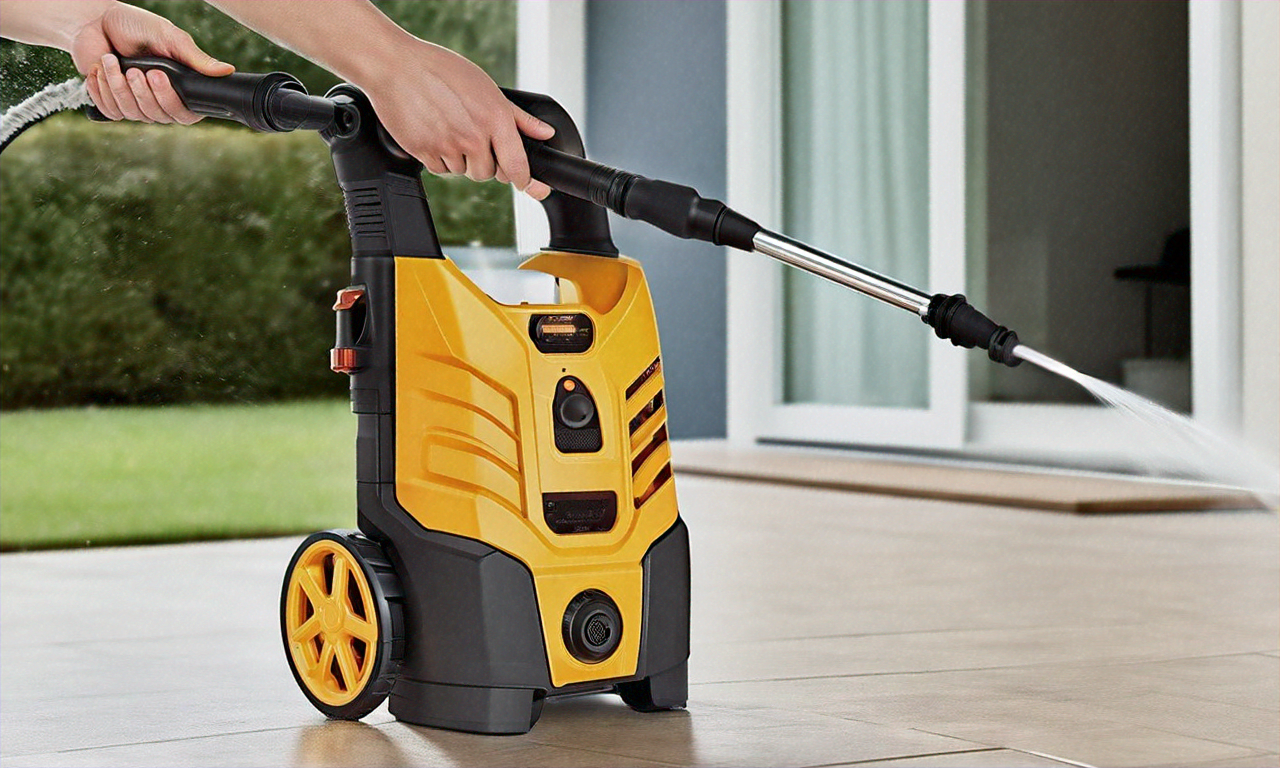Protecting Your Home from Unwanted Guests: A Comprehensive Guide to Pest Control
Pest control is an essential aspect of maintaining a healthy and comfortable living environment. Whether you're dealing with insects, rodents, or other unwanted creatures, effective pest management can protect your home, health, and peace of mind. This article will explore the various aspects of pest control, focusing on common household pests and the methods used to prevent and eliminate infestations.

One particularly destructive pest that deserves special attention is the termite. These wood-eating insects can cause significant structural damage to homes, often going unnoticed until the problem becomes severe. Termites are found in many regions and can be particularly problematic in areas with warm, humid climates.
How can I prevent pest infestations in my home?
Prevention is key when it comes to pest control. By taking proactive measures, you can significantly reduce the likelihood of an infestation. Start by sealing any cracks or openings in your home’s exterior, as these serve as entry points for pests. Pay special attention to areas around windows, doors, and utility lines.
Proper sanitation is another crucial aspect of pest prevention. Regularly clean your home, paying particular attention to areas where food is prepared or consumed. Store food in airtight containers and dispose of garbage promptly. Keep your yard tidy by removing debris, trimming vegetation away from your house, and addressing any standing water issues that could attract insects.
For termite prevention, consider having your home inspected regularly by a professional. They can identify early signs of termite activity and recommend preventive measures such as chemical barriers or bait systems.
What are effective methods for eliminating existing pest problems?
When faced with an existing pest problem, there are several approaches you can take. For minor infestations, do-it-yourself methods may be sufficient. These can include using traps, baits, or over-the-counter pesticides. However, it’s crucial to use these products safely and according to the manufacturer’s instructions.
For more severe or persistent infestations, professional pest control services are often the most effective solution. Pest control experts have access to more powerful treatments and possess the knowledge to identify and address the root causes of infestations. They can develop a customized treatment plan based on the specific pests and circumstances of your home.
When dealing with termites, professional intervention is almost always necessary. Termite treatments may involve the application of liquid termiticides, the installation of bait systems, or in some cases, fumigation of the entire structure.
Are there eco-friendly options for pest control?
As environmental concerns grow, many homeowners are seeking more eco-friendly pest control options. Integrated Pest Management (IPM) is an approach that focuses on prevention and uses chemical treatments only as a last resort. IPM strategies include habitat modification, biological controls, and the use of less toxic pesticides when necessary.
Natural repellents can be effective for some pests. For example, certain essential oils like peppermint and citronella can deter insects. Diatomaceous earth, a natural substance made from fossilized algae, can be used to control crawling insects without harmful chemicals.
For rodent control, exclusion methods that prevent entry are preferable to poisons, which can harm other wildlife. Ultrasonic devices that emit high-frequency sounds are also marketed as a humane deterrent, although their effectiveness is debated.
How often should professional pest control services be performed?
The frequency of professional pest control services depends on various factors, including the types of pests in your area, the age and condition of your home, and any existing pest problems. As a general guideline, many pest control companies recommend quarterly treatments for ongoing prevention and maintenance.
For termite protection, annual inspections are typically recommended, even if no active infestation is present. These inspections can catch early signs of termite activity and prevent extensive damage.
Some homeowners opt for monthly or bi-monthly services, especially in areas with high pest pressure or if they’ve experienced recurring problems. Others may choose a one-time treatment to address a specific issue and then maintain prevention measures on their own.
What are the costs associated with professional pest control?
| Service Type | Average Cost Range | Frequency |
|---|---|---|
| General Pest Control | $250 - $600 | Quarterly |
| Termite Treatment | $1,000 - $2,500 | One-time (with annual inspections) |
| Rodent Control | $150 - $500 | As needed |
| Bed Bug Treatment | $1,000 - $2,500 | One-time (may require follow-ups) |
Prices, rates, or cost estimates mentioned in this article are based on the latest available information but may change over time. Independent research is advised before making financial decisions.
The cost of professional pest control can vary widely depending on the type of service, the size of your home, and the severity of the infestation. General pest control services typically involve regular treatments to prevent and manage common household pests. These services are often provided on a quarterly basis and can range from $250 to $600 per year.
Termite treatments are generally more expensive due to the specialized equipment and chemicals required. Initial termite treatments can cost between $1,000 and $2,500, with ongoing protection plans available for an annual fee.
For specific pest issues like rodent infestations or bed bugs, costs can vary based on the extent of the problem. Rodent control might cost between $150 and $500, while bed bug treatments can be more expensive, often ranging from $1,000 to $2,500 or more for severe infestations.
Effective pest control is an investment in the health and safety of your home and family. By understanding the common pests, prevention methods, and treatment options available, you can make informed decisions to keep your living space free from unwanted guests. Whether you choose DIY methods or professional services, consistent vigilance and proactive measures are key to maintaining a pest-free environment.






